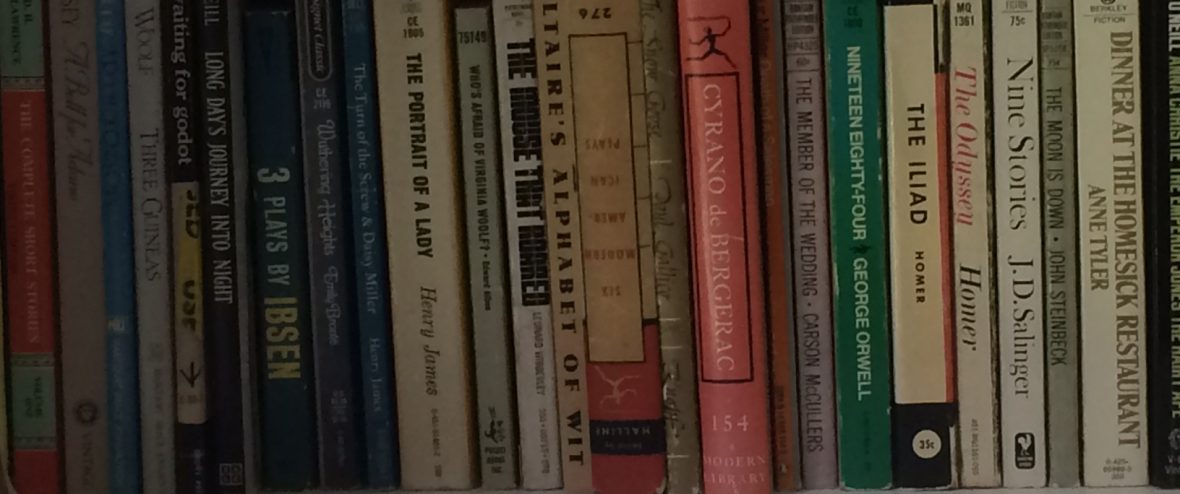The last month has been a flurry of activity for me. The end of school / start of summer; building a new infrastructure at work / ensuring the work doesn’t get missed; packing, cleaning, sorting, training, and all the jumble that goes with this all.
Throughout, however, I have been reading. I haven’t made the time to write, but I have been reading. Seven books since my last post. Here they are, with some context and reactions, in order of my favorites (please note, however, I would recommend any of these):
The Golden Son by Shilpi Somaya Gowda. The story follows the eldest son of a farmer who becomes the first in his family to attend college. Anil understands he is to become a doctor, and spends his youth working toward this. As he begins his residency in Dallas, Texas, he is torn between the old world and the new. Anil needs to find his way in both medicine and in his family as his worldview has changed. Alongside this is the story of his childhood pal Leena, travelling the road to marriage as was expected. Again, expectations are not reality. At times a bit slow, but fascinating at the same time.
The Only Woman in the Room by Marie Benedict: Starting with the stage debut of Hedy Kiesler, a Jewish girl in Austria is courted and won over by a powerful arms dealer that will protect her and her family from Nazi persecution. As Hedy learns of her husband’s true nature, she flees to England, and then Hollywood. There she becomes Hedy Lamarr, screen star. Tormented by what she had witnessed in her husband’s home, she develops and patents new technology to help the war effort. This technology, was rejected by the Navy, but the patent was classified as top secret. The technology, no longer classified, is the basis of how all cell phone technology we use currently is based. To think what we owe this woman, yet she was never able to see what her work has led to. She just believed she was not able to help anyone with her knowledge.
Young Jane Young by Gabrielle Zevin: A college co-ed has an affair with the Florida congressman she has an internship with, and ends up in all the papers as “the other woman.” Her mother has not had contact with her in years. Over ten years later, Jane Young, an event planner in Maine, decides to run for mayor. This single mom has secrets that her daughter discovers, as she flees to Florida to find the answers.
The Turner House by Angela Flournoy: A black family watches as Detroit disintegrates, just as the family does. Being from Detroit, I knew of all the places that were referenced, and the history of what helped the city’s fall. The roles of the family members, the real focus of the book, are shown by different parts and times in the city’s history.
Standard Deviation by Katherine Heiny. I admit I selected this one because of the title – I am a nerd at heart. The deviation tracked within the book, however, is not what you would expect. The protagonist, Graham, is examining the differences between his first and second wives – two polar opposite personalities that he loved dearly at some point in his life. Interesting view of what we need and what we want at different points in our lives.
Call me by your name by Andre Aciman: A seventeen year old boy’s journey on discovery of himself and his sexuality. The openness of the language and passion can be overwhelming at times in its intensity. The typical first love flaws, but more connectedness than expected.
The Storm Sister by Lucinda Riley: The second in the series, this follows Ali to discover her love and her birth family in Greece and Norway.
